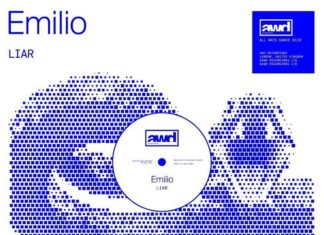Initially created for digital currency like Bitcoin, blockchain technology has far-reaching implications beyond finance. Its decentralized and transparent nature offers a new paradigm in various industries, and the music sector is no exception. Let’s dive into how blockchain is revolutionizing the music industry.
Blockchain in music is a digital ledger technology that records and tracks music rights, ownership, and transactions. It’s a decentralized network, meaning no single entity controls the entire chain. This offers several benefits:
1. Rights Management
Blockchain simplifies the complex process of rights management. Its ability to accurately track ownership ensures that songwriters, composers, and musicians are fairly compensated for their work. It provides a transparent system where everyone involved in creating a piece of music can be acknowledged and rewarded.
2. Direct Payments
Smart contracts, a feature of blockchain, automate transactions. This means artists can be directly paid their royalties without the need for intermediaries like record labels or distributors. It ensures quicker and more accurate payments.
3. Combat Piracy
The immutable nature of blockchain makes it an effective tool against piracy. Each transaction or music exchange is recorded, making tracing unauthorized sharing or copying easier.
4. Increased Transparency
The music industry has long suffered from opaque operations, especially regarding royalty distribution. Blockchain brings transparency to these processes, allowing artists to see how their music is used and how their royalties are calculated.
5. Fan Engagement
Blockchain can also facilitate a closer connection between artists and fans. Tokenization, for example, can give fans a stake in an artist’s work, offering incentives like exclusive access to content or voting on certain decisions.
Challenges and Considerations
Despite its potential, blockchain in the music industry faces several challenges:
Adoption: Convincing all stakeholders, especially large record labels and music distribution companies, to adopt this new technology can be challenging.
Scalability: Handling the vast amount of data in the music industry requires blockchain networks that can scale effectively.
Regulation: The legal framework surrounding blockchain and music rights is still in its infancy and needs further development.
Technological Understanding: There’s a need for greater understanding and expertise in blockchain technology within the music industry.
Explore how blockchain technology transforms the music industry, from rights management to direct artist payments. Understand blockchain’s challenges and real-world applications in revolutionizing music distribution and fan engagement.























 🔥 Limited Time: Get 55% OFF All Plans - Ends in:
🔥 Limited Time: Get 55% OFF All Plans - Ends in: